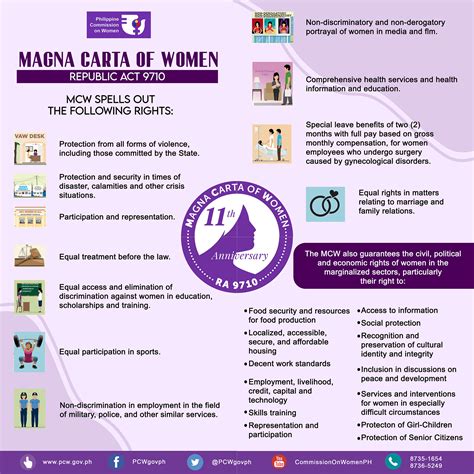Women of childbearing age who suffer from axial spondyloarthritis (axSpA), psoriatic arthritis (PsA), or rheumatoid arthritis (RA) face a heightened risk of postpartum depression, according to a retrospective analysis published in the Journal of Rheumatology. This finding underscores the complexities faced by women with rheumatic diseases during and after pregnancy.

Rheumatoid arthritis (RA) disproportionately affects women more than men. Factors such as female hormones may influence the onset and progression of RA. While both sexes experience similar symptoms, women often encounter unique challenges. For more information on the symptoms and causes of RA, refer to Medical News Today and the Mayo Clinic.
Women with RA planning pregnancy often face difficult decisions regarding medication. About 50% to 75% experience natural improvement in their condition during pregnancy, while others may see a worsening. For insights into this phenomenon, visit Northwestern University’s recent study.
Symptoms like joint swelling and pain are common in active RA. These symptoms can be particularly challenging during pregnancy and postpartum periods. For a detailed overview of RA symptoms in women, Healthline provides useful information at Rheumatoid Arthritis Symptoms in Women.
In a related note, Detroit Lions wide receiver Amon-Ra St. Brown and U.S. Women’s Flag Football quarterback Vanita Krouch recently discussed the inclusion of flag football in the 2028 Olympics. To learn more about their perspectives, visit NFL.com.
The connection between rheumatic diseases and postpartum depression is a critical area of study, offering insights into the unique healthcare needs of women with these conditions. Continued research and awareness are essential for providing better care and support for these women.


